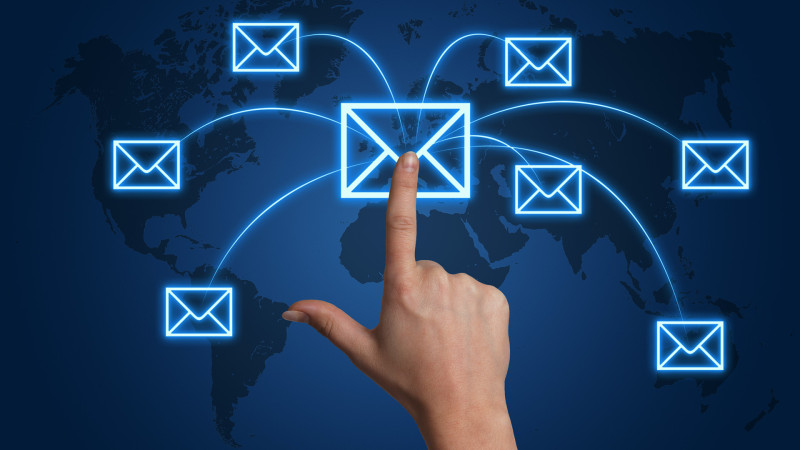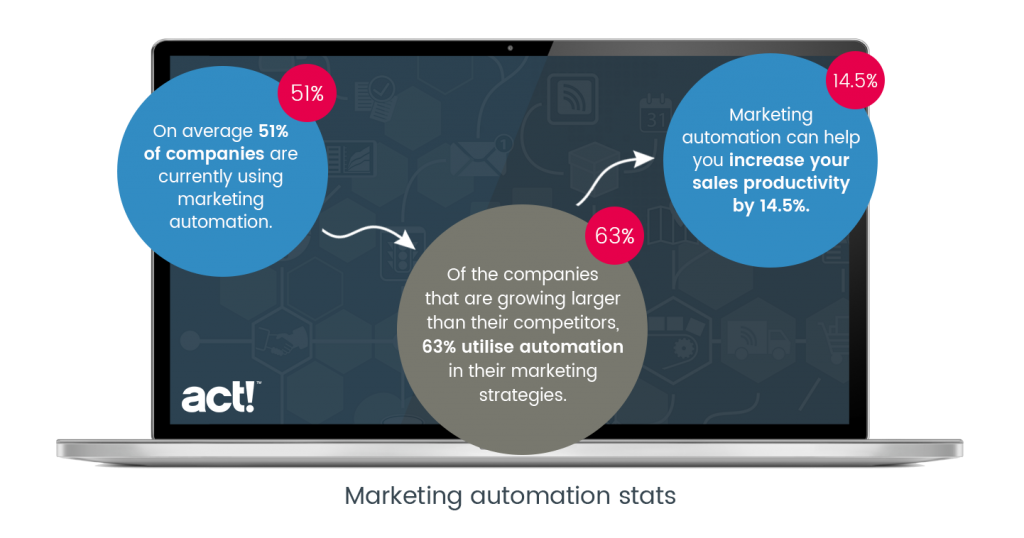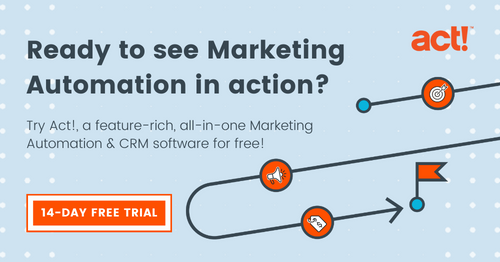
The stats around marketing automation make a compelling case for its use. Studies show that effective automation can improve productivity and increase marketing ROI. Yet, there are still plenty of businesses that aren’t taking advantage of this technology because they are unsure whether they are ready to automate their marketing processes. Are you ready for marketing automation?
While the benefits of marketing automation are clear (read this if they’re not), marketers and business owners must still take steps to ensure their company is ready for marketing automation before beginning to use it.
In this article, we’ll look at some of the factors you should consider before beginning your marketing automation strategy. We’ve also produced a handy worksheet you can use to check if your business is ready for marketing automation (as well as the steps to take if you’re not). You can download it here.
Is your sales process suitable?
Take a look at your sales processes and see if they will benefit from marketing automation. Do you use an inbound strategy? Do your customers spend a long time in the sales funnel gathering information before making a buying decision? If so, your customers likely have multiple interactions with your business before making a purchase.
Marketing automation can seriously improve this type of sales process because it:
- Reduces the amount of time spent sending emails to clients at earlier stages of the sales funnel
- Automates communications as clients take steps and move further down the funnel, e.g. clicking on a link in your email multiple times or visiting a particular product page
Marketing automation can also be used in shorter sales funnels as well, in outbound marketing. For example, B2C eCommerce stores or other businesses that typically have a short sales cycle, can send customers a reminder email when they add a product to their basket but fail to make a purchase.
Either way, if you’re considering marketing automation, be sure your sales process is can be automated.
If you generally use outbound cold-calling or only sell to a small number of high-value customers, you may need to make changes to your sales process to experience the benefits of marketing automation.

Do you have access to quality marketing and sales content?
Businesses should ensure they have the materials required to use marketing automation effectively. This can include case studies, blog posts, and whitepapers. You will provide this collateral to customers as they move through the buyer funnel. These resources will educate them about the value of your product or services.
Having a quality selection of materials at hand can drive meaningful interactions between customers and your business. Ultimately, this means that when the time comes for marketing to pass the lead to sales, the leads will be better qualified and more valuable.
Of course, all is not lost if your business doesn’t have this kind of material. It just means you’ll have to spend a bit of time creating useful content. Even if you don’t end up using an automated marketing solution, you can still use this material in your sales process.

In summary:
Companies have to take several steps to implement an effective automated marketing strategy. This can be time-consuming at first as you build these processes. The good news is that once your business has set up the automated processes, you’ll have a lot less to do. Instead of manually performing each marketing interaction, you’ll be able to focus on analyzing how customers connect with your business and optimizing your sales process accordingly.
However, if you are currently pressed for time and resources, it may be better to wait for a more suitable time to introduce a marketing automation strategy.
Marketing automation is a vital tool for many businesses and marketing teams. It can help small companies do more with fewer resources, ultimately leading to more sales. If you think you’re ready for marketing automation, download our guide to marketing automation for more information about how it can help.






